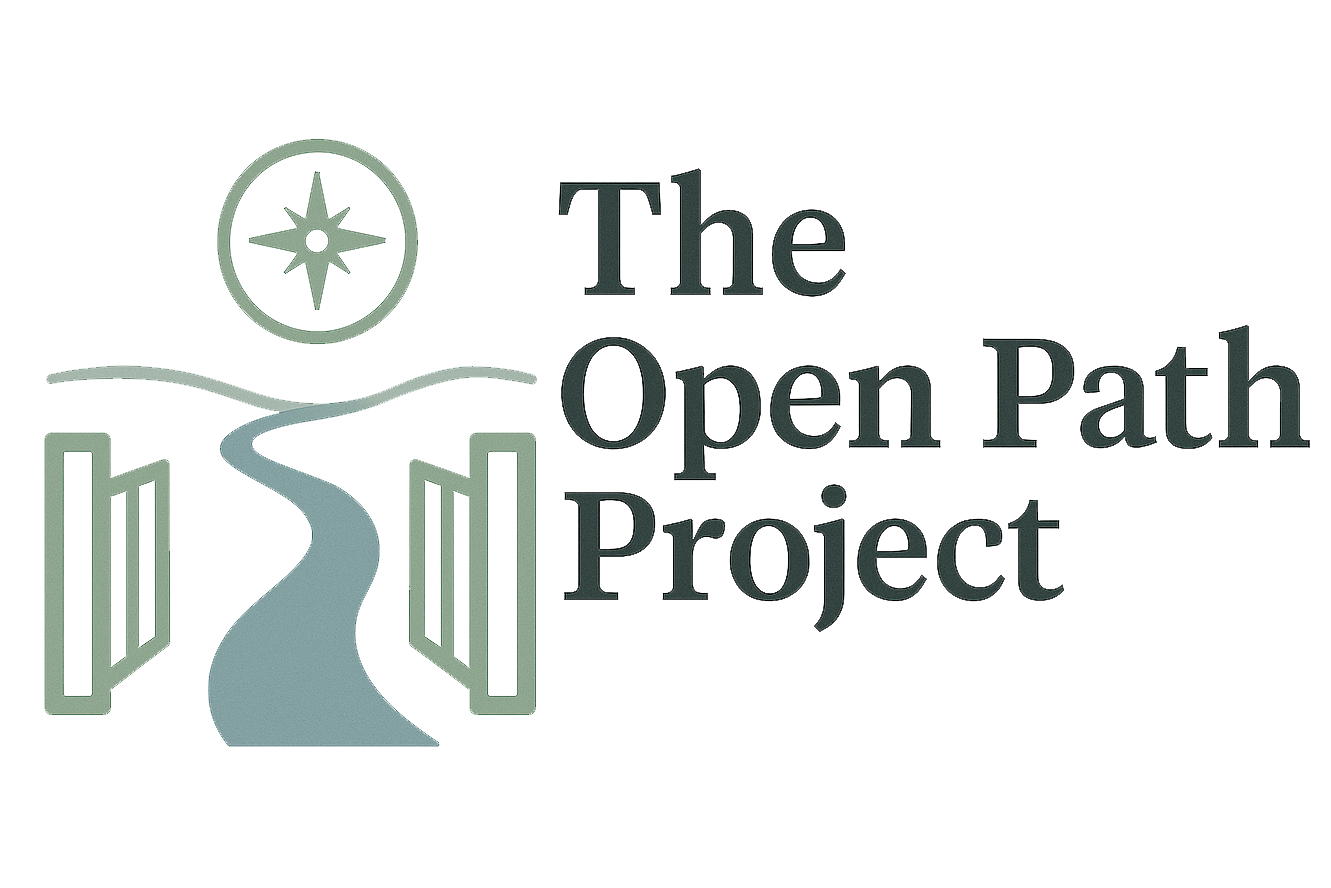Downton Abbey and the Stately Homes of A.A.
What does a British period drama have in common with A.A.? More than you’d think. Tradition, resistance to change, and the quiet struggle between reverence and relevance—this is a reflection on what happens when recovery gets stuck in time.

The First Pushback
I knew that it was going to happen eventually. I suppose what I wasn’t counting on was it happening so soon—that first disagreement about the Open Path. I’ve been almost universally encouraged thus far by people both inside and outside of the program. These are people who seem to recognize this work as an effort born of love for A.A., not an attempt to tear it down. I’ve even had people with decades of sobriety offer their support. I may have gotten a little too comfortable.
The Message
So when a family friend and longtime member of the program messaged me with criticism, I knew what was coming. "You have no business writing the article on A.A.," she wrote. "Get a sponsor! Your ego is still getting in the way of truly working the program the way it was meant to be worked." (Side note: I do have a sponsor, we just work in a non-traditional team-based way—his idea, not mine.)
I also anticipated the usual refrains—about running my own program, resisting the “right way,” and of course, the classic A.A. critique of thought itself. She added, "You analyze everything and you always have to be right," implying that reflection and philosophical curiosity are defects rather than strengths. In some corners of the program, thinking itself is treated like contraband—a future blog on "stinking thinking" will tackle that beast.
Minding My Side of the Street
It was pretty pointed and personal, with barbs like, "Maybe you should start your own program," and "That’s exactly what the problem is—you’re running your own program." But I stayed grounded. I’m not trying to run anyone else’s program. I’m just trying—ironically enough—“to keep my side of the street clean,” as many of the “old dogs” love to say. It’s a phrase tossed around with great solemnity, though it’s rarely practiced with the same restraint it demands.
Enter Carson
Lately, I’ve been binging Downton Abbey (yes, a decade late), and I couldn’t help but notice how eerily it mirrors A.A. in this respect. Carson, the steadfast butler, is the perfect metaphor for the A.A. traditionalist.
Carson is dignified, loyal, and deeply committed to the Crawley family. He’d walk through fire for them. But he’s also completely bound to the past. "It’s the way it’s always been done" isn’t just his logic—it’s his identity. His resistance to change isn’t malicious; it’s existential. To let go of the old ways would be to lose himself entirely. That’s the energy I sense in many old-timers: not meanness, but a deep, protective fear masquerading as authority.
Dry Drunk Orthodoxy
Bill W. coined the term “dry drunk” to describe someone who’s given up alcohol but not the distorted thinking and behaviors. I’ve met plenty of folks with decades of sobriety who are dry-drunk on orthodoxy—rigid, rule-bound, and convinced there’s only one path: the one they walked. Any variation is “watering down A.A.” They rage against edits to the preamble (which isn’t in the Big Book and is copyrighted by Grapevine) but never mention that women were entirely marginalized in the original text—apparently that revision was acceptable.
Trophy Sobriety and the Open Path
This kind of selective rigidity shows up everywhere: clichés stacked like the Empty Cup Snake at a Cubs game, wielded as spiritual bludgeons. If you question a phrase, you're told you're not "working the program." If you suggest an update, “take the cotton out of your ears and put it in your mouth!” The phrase I’ve come to associate with this attitude is: "They’re sick and tired of the way things are, and sick and tired when anything changes."
Sobriety years are often brandished like trophies or trump cards. Disagree with someone? "I’ve got 30 years." End of discussion. For the record, I have no problem with anyone identifying as “recovered,” but it’s not a term I use, nor do I treat the length of my sobriety like a merit badge. I know someone with over fifty years of sobriety—he only mentions it when announcing his anniversary, and otherwise you’d never hear about it. That’s the kind of quiet dignity I admire. I also know how fast one drink could undo everything for me. My sobriety isn’t something I 'achieved'—it’s something I renew, consciously, every day. It’s a living commitment, not a fixed status.
None of this is to say that longtimers aren’t doing good work. Many are. Some people truly need the structure, accountability, and traditional framework that A.A. offers. But as I’ve come to understand, we may all be in the same boat, but we arrived there in very different ships. That’s why the Open Path matters.
Different Boats, Same Ocean
We’re not out to rewrite anyone’s recovery. We’re asking for space to walk our own. If there were one right way to get sober, this disease would’ve been solved by now. The truth is, addiction is brutal, cunning, and unpredictable. A.A. has failed more than it has succeeded—not because it’s bad, but because addiction is that formidable. We’re not building a monument. We’re trying to pull people out of the fire.
So let’s worry less about whether someone’s lifeboat is regulation-approved, and more about the fact that they’re still floating.
On Deck: The Problem with “Stinking Thinking”
We’ll dig into how well-meaning warnings against self-sabotage have morphed into a kind of anti-intellectualism that harms more than it helps. Thinking isn't the enemy. Untethered, distorted thinking is. But abstaining from thought altogether? That’s a relapse waiting to happen.
